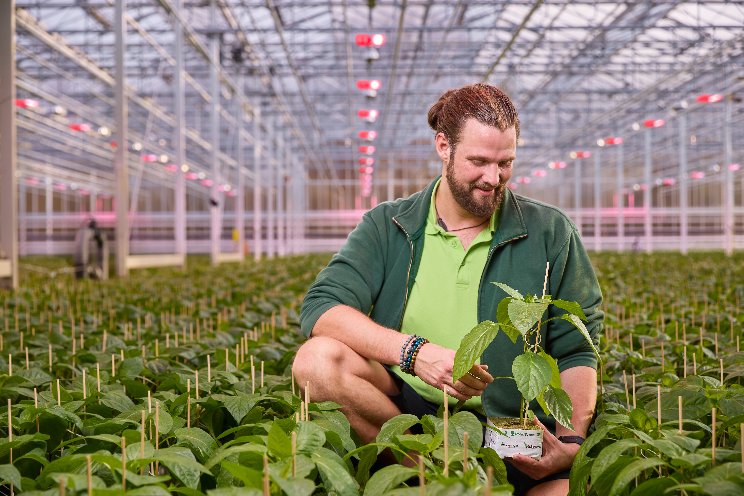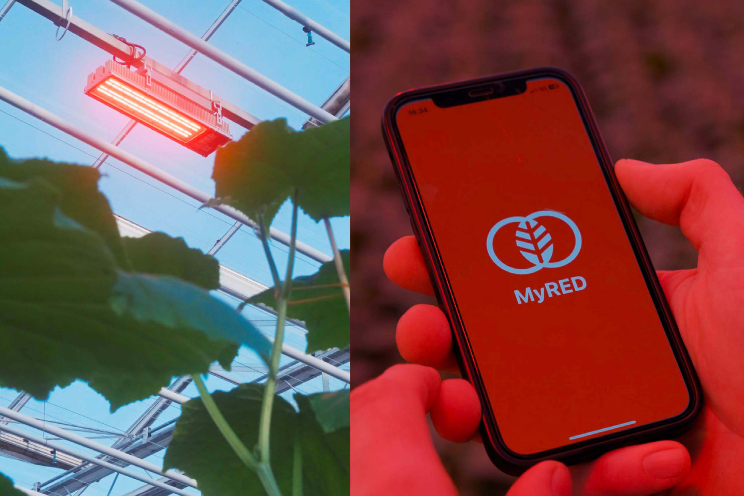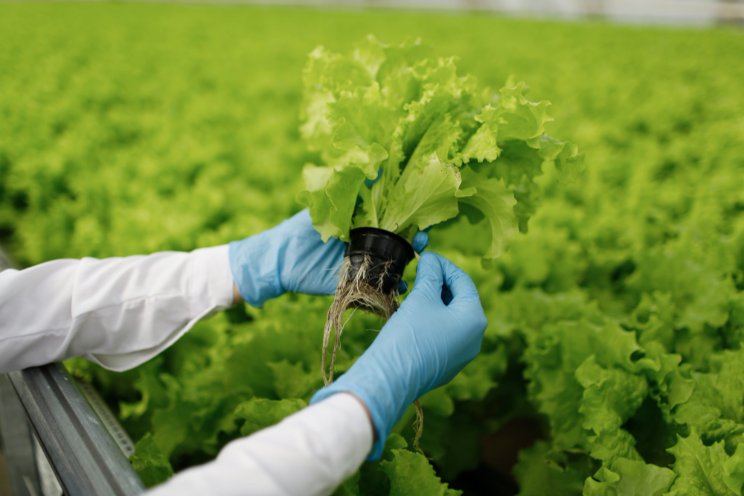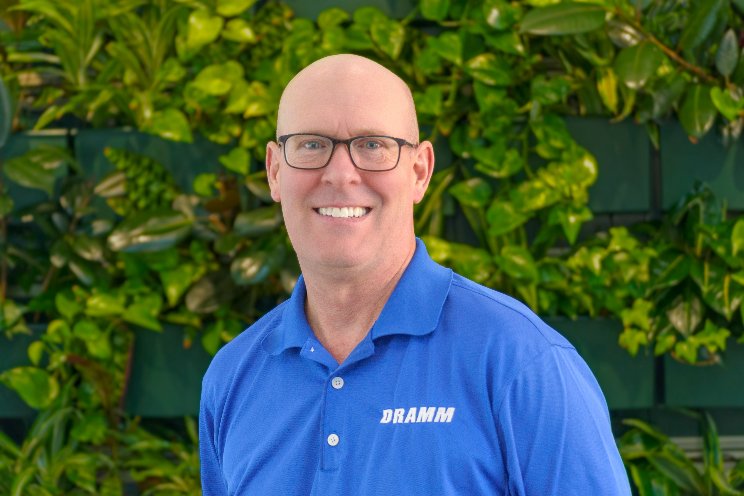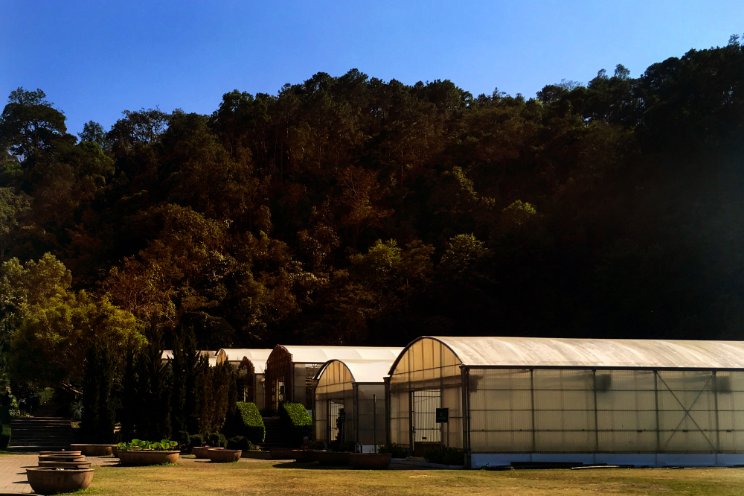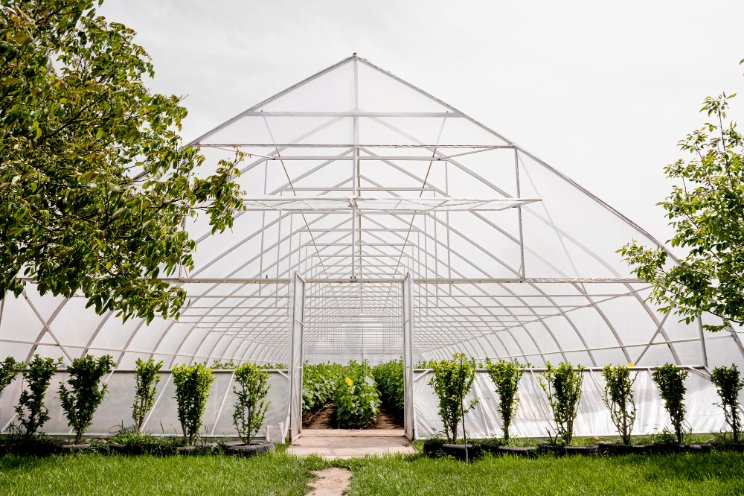Bosman Van Zaal’s roadmap for Food Grade Vertical Farming
Added on 11 July 2023
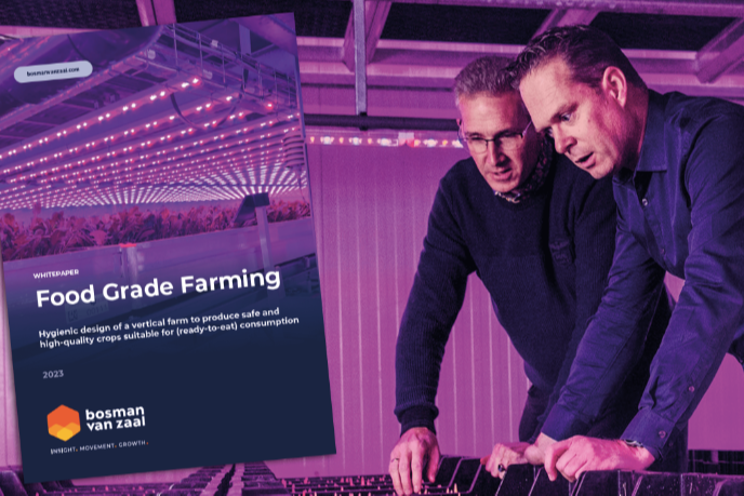
In light of the growing consumer demand for healthy, ready-to-eat food options, Bosman Van Zaal has dedicated its efforts to developing specialized solutions within the agricultural and horticultural sectors. With a solid foundation in horticulture, the company is equipped to help growers transition into controlled environment farming, offering its expertise in designing and implementing food production facilities.
The whitepaper explores the factors behind the escalating demand for hygienically designed food production. Among these are the rising popularity of convenience foods and increasing public awareness of the connection between diet and health. These trends have necessitated the creation of strict regulations and guidelines to uphold food safety and quality, making them critical considerations for growers and suppliers.
The document also explores the concept of “food grade,” although it isn’t an official designation with globally recognized criteria. The term essentially refers to practices that meet particular guidelines and regulations. Conforming to these standards is vital for growers aiming to comply with various safety and quality laws.
The whitepaper outlines a comprehensive 7-step plan to achieve food-grade farming. The plan covers all essential areas, including site and facility selection, installations, machinery and equipment design, implementing best agricultural practices, quality control, proper packaging and labeling, and suitable storage and transportation methods.
Bosman Van Zaal has distinguished itself in the industry with its extensive experience in hygienic design for food-grade and ready-to-eat projects. Since its establishment in 1921, the company has been a pioneering force in developing greenhouses, indoor farms, machinery, growth equipment, and software solutions. Their advocacy for indoor vertical farming for food-grade growing stems from the advantages of controlled environments, highly automated systems, and data-enhanced practices.
Vertical farming, which involves growing crops in a closed system using hydroponics or aeroponics, provides heightened control and less susceptibility to external factors. The whitepaper highlights how vertical farming can generate fresh and safe vegetables in high-density systems conveniently located near the consumers. Bosman Van Zaal’s vertical farming solutions, which incorporate state-of-the-art automation, HVAC and irrigation systems, and specialized software, empower growers to deliver near-perfect, nutritious, and uniform produce consistently.
Read the white paper here.
Source: iGrowNews
Photo: Bosman van Zaal
More news
